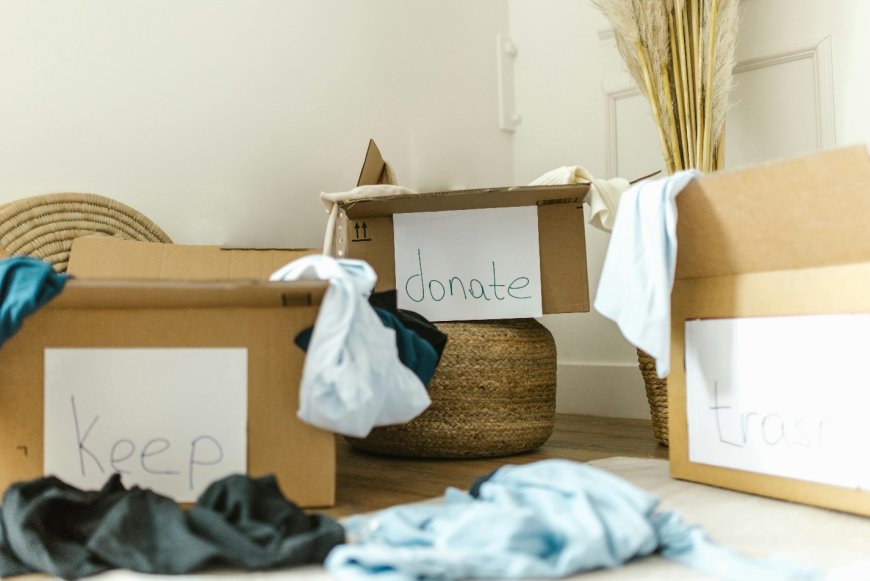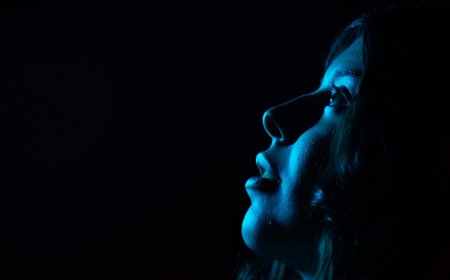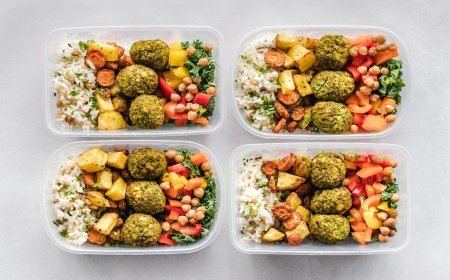How to Declutter Your Life in 2025

Minimalism has become somewhat popular in our fast-paced, consumer-driven environment as a means of streamlining our lives and discovering more happiness. Minimalism is not only about having less stuff; it's a way of thinking that helps us to concentrate on what counts, therefore releasing ourselves from the weight of excess and the continuous search for worldly commodities.
Understanding Minimalism
Fundamentally, minimalism is about purposefully highlighting the things we most value and eliminating all that diverts our attention from them. It goes against the present societal view that success and happiness follow from acquiring objects. Rather, minimalism helps us to find satisfaction in people, events, and personal development.
Minimalism is about living with intent; it is not about living with nothing. It's a technique to help you eliminate unnecessary aspects of life in favor of emphasizing what is important. There are many advantages of this way of life that go beyond a neat house.
The Benefits of Embracing Minimalism
Mental Clarity and Reduced Stress
Among the most important benefits of minimalism is its improvement of mental health. We clean our minds as well by cutting physical clutter. Minimalism has been found in studies to significantly lower stress and anxiety, hence maintaining the equilibrium of cortisol levels. Many people say they feel more mental clarity and concentrate when they have fewer belongings to worry about and manage.
Improved Well-being
Studies show that general well-being is strongly positively correlated with minimalism. Minimalists that self-identify typically say they have more good emotions, more life happiness, and more fulfillment. Freedom minimalism offers—freedom from the continuous need to acquire and the social pressure to follow material trends—helps one to achieve this better well-being.
Financial Freedom
Many times, living simply results in major financial gains. Many people discover they are saving money and lowering debt by cutting pointless expenditure and concentrating on needs. This financial breathing room can create chances for experiences like travel, education, or following interests that enhance our lives.
More Time and Energy
Minimalists frequently find more time and energy to focus on what counts most as they have fewer items to handle, clean, and arrange. This could entail concentrating on personal development and self-care, hobbies, or quality time with loved ones. The mental energy saved from not always controlling clutter might be focused on more rewarding activities.
Environmental Impact
Minimalism inherently results in lower consumption, which benefits the environment by itself. Minimalists help to minimize their carbon footprint and cut waste by buying less and choosing more deliberately what they buy.
Steps to Declutter Your Life
Changing to a minimalistic way of living takes time. It is a slow process that calls for both intention and endurance. These guidelines can help you start your journey toward a more minimalist life:
Start with a Clear Vision
Spend some time considering what minimalism means to you before starting a declutter. For what do you want? Describe your dream home and way of life. Having a clear vision will enable you to remain motivated all through the process and influence your choices on decluttering.
Begin with Small, Manageable Areas
Dealing with a whole house can be taxing. Start small by concentrating on one area at a time, say a shelf or drawer. This method generates momentum for handling bigger areas and lets you observe quick improvement.
Use the Three-Pile Method
Sort your stuff into three groups: keep, donate or sell, and toss. Tell yourself straightforwardly what you really need and utilize often. For things you're not sure about, ask whether you have used them recently or if they make your life happier.
Implement the One-In-One-Out Rule
Eliminating one item for each new item you bring into your house can help you to keep your decluttered area. This helps stop the slow build-up of pointless items across time.
Digital Decluttering
Not overlooked is your digital existence. Sort your digital images and papers, unsubscribe from email lists you no longer view, and delete pointless items. Just as rejuvenating as a neat physical space might be a clutter-free digital one.
Create Designated Spaces
Set aside particular areas for things you choose to hang on. This not only keeps things orderly but also makes future excess simpler to spot.
Practice Mindful Consumption
Go forth with more awareness of your purchases. Ask yourself if a new purchase fits your ideals and if it will make a difference in your life. Maintaining a minimalist lifestyle over the long term depends on this deliberate attitude to consumption.
Regularly Reassess and Refine
Minimalism is an always-changing process. Set aside some time often to review your possessions and way of life. What is running effectively? Where else might simplification be needed? Regular introspection lets you keep in line with your basic objectives and lets you alter as your needs do.
Adopting minimalism is a trip that goes much beyond just organizing your actual environment. It's about living free from the distractions of luxury and with an eye toward what counts to you. Remember as you start this road that minimalism looks different to everyone. Living with just enough to enable a life of purpose, happiness, and fulfillment is the aim, not with as little as possible.
Gradually using these ideas and techniques can help you to change your living environment as well as, more crucially, your perspective. The skill of minimalism is striking the balance between releasing yourself from what you don't want and having what you need. Once you become proficient in this art, you can discover that with less you gain—more time, more freedom, and a greater respect for the little pleasures of life.
What's Your Reaction?
 Like
0
Like
0
 Dislike
0
Dislike
0
 Love
0
Love
0
 Funny
0
Funny
0
 Angry
0
Angry
0
 Sad
0
Sad
0
 Wow
0
Wow
0





































